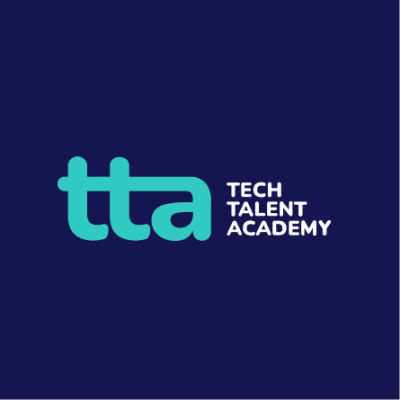Data Analysis
Data Analysis focuses on collecting, organizing, and interpreting data to uncover meaningful insights.
Data Analysis focuses on collecting, organizing, and interpreting data to uncover meaningful insights.
This Data Analytics course is designed to equip participants with the knowledge and skills required to excel in the dynamic field of data analysis. This comprehensive program covers key aspects of data analysis, including data wrangling, statistical analysis, machine learning, and data visualization. Participants will gain hands-on experience using industry-relevant tools and techniques to extract meaningful insights from data sets.
Basic calculations in Excel, applying formulas and styles
Types of references: relative, absolute, and mixed references
Conditional formatting, VLOOKUP, calculating percentages in Excel
Data sorting and filtering, IF statements, data transformation and cleaning, freeze panes, data import, delimiters
INDEX & MATCH and data validation
Statistics in Excel
Pivot tables and pivot charts (fast and powerful data analysis
Exploring Power BI Desktop, connecting to data sources from the web
Data cleaning and transformation, combining data sources
Creating visualizations, Power Query Editor and queries
Renaming queries, splitting columns, changing data types, removing and reordering columns, adding columns, merging queries, creating conditional columns
Transforming less structured data, creating tables and parameters
DAX with Power BI
Introduction to Tableau (fast analytics software)
Exploration of parameters
Grouping in Tableau
Creating a search engine in Tableau
Sets and bins in Tableau
Building reports and calculated fields
Using LOD expressions
Data blending and transforming data into visual stories with charts and animations
Unlocking insights using scatter plots and maps
Types of statistics, data types, and sources of data
Data collection methods
Questionnaire (digital and manual)
Data transformation and entry
Normality test
One-sample t-test, independent sample t-test
One-way and two-way ANOVA
Chi-square test and multiple response analysis
Correlation and regression analysis
Analyzing Likert scale data
Basic understanding of statistics and mathematics.
Familiarity with programming concepts (preferably Python or R).
Proficiency in using data analysis tools (Jupyter Notebooks, R Studio).
Develop a comprehensive understanding of the role and impact of data science in various industries.
Acquire key concepts related to data, information, and knowledge, and gain an overview of the data science lifecycle.
Familiarize themselves with data analytics tools such as Jupyter Notebooks and R Studio, considering ethical considerations in data science.
Explore data exploration and visualization techniques, including exploratory data analysis, descriptive statistics, and various visualization tools like Matplotlib, Seaborn, Plotly, Tableau, and Power BI.
Learn data cleaning and preprocessing techniques, including handling missing data, dealing with outliers, data transformation, normalization, feature engineering, and imputation methods.
Understand statistical analysis and hypothesis testing, including inferential statistics, A/B testing, regression analysis, and Bayesian statistics for data-driven decision-making.
Gain a foundational understanding of machine learning, covering supervised and unsupervised learning algorithms, model evaluation, selection, hyperparameter tuning, and cross-validation techniques.
Explore advanced topics, including time series analysis, text mining, natural language processing (NLP), ensemble learning (Random Forest, Gradient Boosting), introduction to deep learning, and model deployment and operationalization.
Apply acquired skills and knowledge to a final project, involving a real-world data science project that demonstrates proficiency in various aspects of data science and analytics.
 Buy Now
Buy Now

Students
0
language
English
Duration
00h 00mLevel
beginner
Expiry period
Lifetime
Certificate
Yes

 TTA Admin
TTA Admin
 English
English
 Certificate Course
Certificate Course
 0 Students
0 Students
 00h 00m
00h 00m